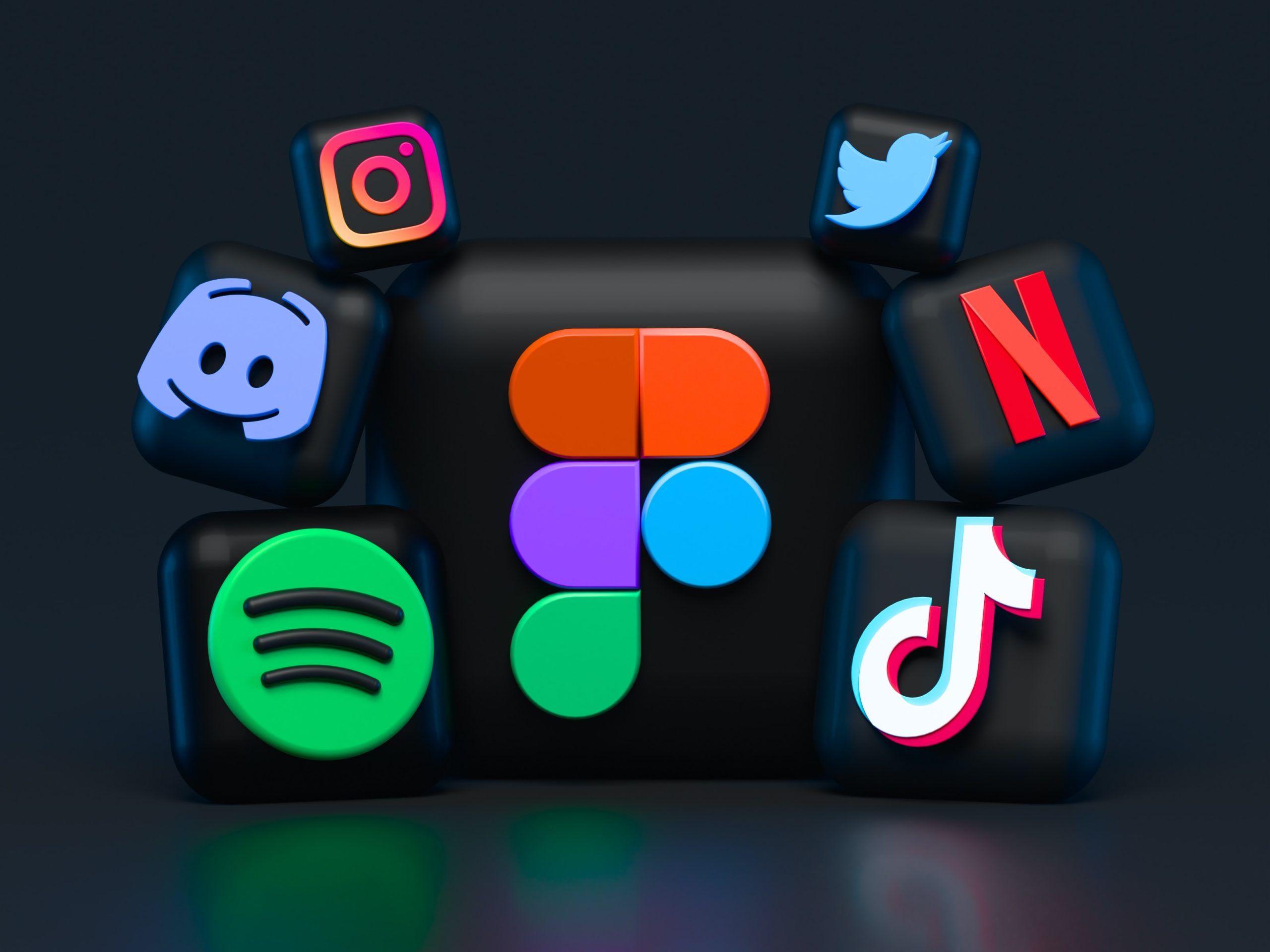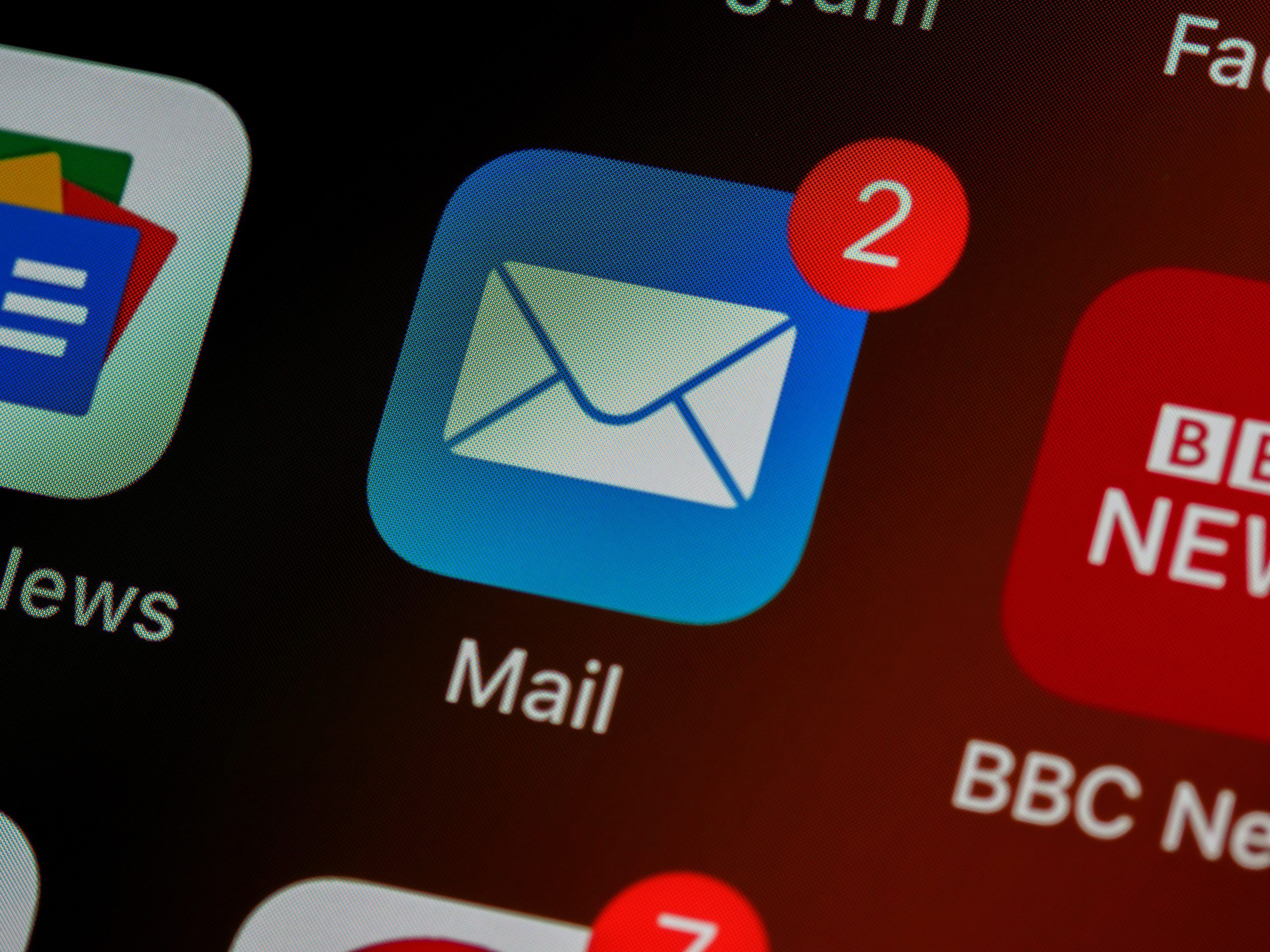In today’s marketing landscape, artificial intelligence (AI) is taking over various aspects of content creation. Brands are increasingly relying on AI to develop content that is tailored to their target audience, engaging, and effective in driving conversions. AI-generated content can range from social media posts and email subject lines to blog articles and product descriptions.
With so many AI tools available in the market, it can be challenging for marketers to select the right ones for their needs. This article will explore the top types of AI-generated content that brands are using in their marketing efforts. We’ll share new data, real-life examples, and tips on how you can leverage these tools for your business.
What is AI-generated content and why is it important in marketing?
AI-generated content refers to the use of artificial intelligence tools and algorithms to create written or visual content without human intervention. This technology has been used in marketing to produce large volumes of content quickly while maintaining a high level of quality. Examples of AI-generated content include product descriptions, social media posts, blog articles, and even video ads.
One major advantage of using AI-generated content is the ability to personalize messaging at scale. By analyzing consumer data and behavior patterns, these algorithms can determine what type of content will resonate with specific audiences and modify it accordingly. This not only saves time but also increases engagement rates and conversions.
Another benefit is cost-effectiveness. Hiring a team of writers or designers can be expensive, especially for small businesses. With AI-generated content, companies can produce high-quality material for a fraction of the cost while still maintaining their brand voice and message consistency. Overall, AI-generated content has become an essential tool in modern marketing strategies that prioritize efficiency, personalization, and affordability.

Social Media: How AI is transforming social media content creation.
Artificial intelligence (AI) is revolutionizing social media content creation by automating the process of creating and publishing content. One way AI is transforming social media content creation is through chatbots, which are programmed to understand and respond to user queries in real-time. This technology has been adopted by companies such as Sephora, who have used their chatbot to provide personalized beauty advice to customers via Facebook Messenger.
Another way AI is transforming social media content creation is through predictive analytics. Predictive analytics uses machine learning algorithms to analyze data from social media platforms and identify trends that can be leveraged for marketing purposes. For example, Netflix uses predictive analytics technology to analyze viewer data and suggest new movies or TV shows based on a users’ viewing history.
In addition, AI-powered image recognition tools are becoming increasingly popular in social media content creation. These tools can automatically generate captions and hashtags for images uploaded on platforms like Instagram, making it easier for businesses and influencers to reach their target audience. Overall, AI’s impact on social media content creation has demonstrated its potential for improving efficiency while also enhancing the quality of online experiences for users.

Email Marketing: The role of AI in personalizing email campaigns.
Email marketing has been a cornerstone of digital marketing for decades, but with the rise of artificial intelligence (AI), email campaigns are becoming more personalized and effective than ever before. AI can analyze vast amounts of data to identify patterns and preferences that marketers can use to tailor their message to each recipient. By analyzing customer behavior, purchase history, and demographic information, AI algorithms can predict which products or services will be most appealing to each individual subscriber.
One key way that AI is transforming email marketing is through the use of predictive analytics. This technology uses machine learning algorithms to analyze past user behavior in order to anticipate future actions. For example, if a customer has recently purchased a product from your website, an AI-powered email campaign might recommend complementary items based on their purchase history. By personalizing the recommendations based on each individual’s shopping habits, these emails are much more likely to convert into sales.
Another important application of AI in email marketing is natural language processing (NLP). NLP allows machines to understand and interpret human language so that they can provide more relevant content in response. For example, an NLP-powered chatbot could respond intelligently when a customer asks about specific products or services. By integrating this technology into email campaigns as well, brands can create a more conversational tone that engages readers and builds trust over time.
Website Content: Examples of AI-generated website content for higher engagement.
One of the best examples of AI-generated website content for higher engagement is personalized product recommendations. By analyzing user behavior and purchase history, AI algorithms can generate tailored recommendations for each individual user, increasing the likelihood of a purchase and enhancing the overall user experience. Amazon is a prime example of this, with their “Customers who bought this also bought” feature.
Another example is chatbots that use natural language processing (NLP) to engage with website visitors and provide instant customer service. Chatbots can answer frequently asked questions, help customers navigate the website, and even offer personalized product recommendations based on user input. By providing 24/7 assistance and reducing response times, chatbots can significantly improve customer satisfaction levels and ultimately increase sales. For instance, H&M uses an AI-powered chatbot called Kik that assists users in finding outfits based on their preferences.
Video Marketing: The impact of AI on video production and editing.
AI has revolutionized the video production and editing industry, making it more efficient and cost-effective. With AI-powered tools, video editors can now automate various tasks that were previously manually done. For instance, AI can help in selecting the most appealing shots from hours of raw footage, color correcting videos to ensure they have a consistent look, and even generating captions automatically.
In addition to automating tasks, AI has also made it possible for marketers to generate personalized content at scale. By analyzing user data such as search history and social media behavior, AI algorithms can generate videos tailored to specific audience preferences. This ensures that every viewer gets a unique viewing experience that resonates with their interests.
Finally, AI has given rise to new forms of video content that would not have been possible without its capabilities. For example, some platforms are experimenting with using machine learning algorithms to generate realistic deepfake videos that mimic real people’s facial expressions and voiceovers accurately. While this technology is still in its infancy stages with significant ethical concerns surrounding its use cases – it is clear that AI will continue disrupting the way we produce and consume video content in marketing for years to come.

Best practices for integrating AI into your marketing strategy.
To effectively implement AI into your marketing strategy, there are several best practices to keep in mind. First and foremost, it’s important to clearly define your goals and objectives for incorporating AI into your approach. This will help you determine the specific tools and technologies that will be most useful for achieving those goals.
Another key tip is to ensure that you have access to high-quality data. Without accurate and comprehensive data sets, any AI-powered insights or recommendations will likely fall short of delivering meaningful results. Additionally, it’s important to invest in the right talent and expertise to manage your AI initiatives, whether that means hiring dedicated staff or partnering with an experienced vendor.
Finally, don’t overlook the importance of ongoing testing, monitoring, and optimization as part of your implementation process. With new innovations constantly emerging in the field of AI technology, it’s essential to remain agile and adaptable in order to maximize the value of these powerful tools for your marketing efforts.
Conclusion: The future of AI-generated content and its potential in marketing.
In conclusion, the future of AI-generated content in marketing is bright. With advancements in technology and increased adoption by marketers, it is expected that AI-generated content will become more sophisticated and widespread. This means that businesses will be able to create personalized and relevant content at scale, without the need for manual input.
Furthermore, AI-generated content has the potential to improve customer engagement and conversion rates. By analyzing data on customer behavior and preferences, AI can generate tailored content that resonates with individual customers. This can lead to higher levels of engagement and ultimately drive sales.
Overall, as AI continues to evolve and develop, it is clear that its potential in marketing cannot be ignored. By leveraging this technology effectively, businesses can create more impactful marketing campaigns that resonate with their target audience.





